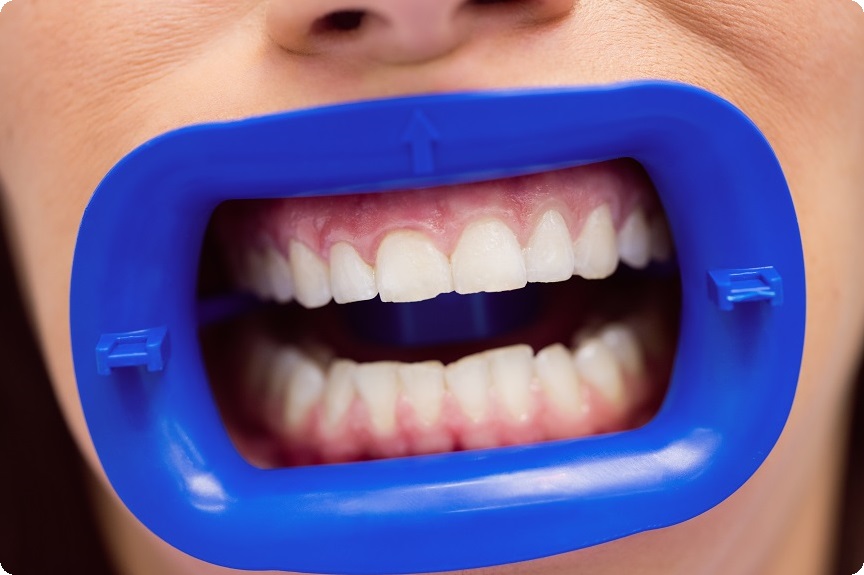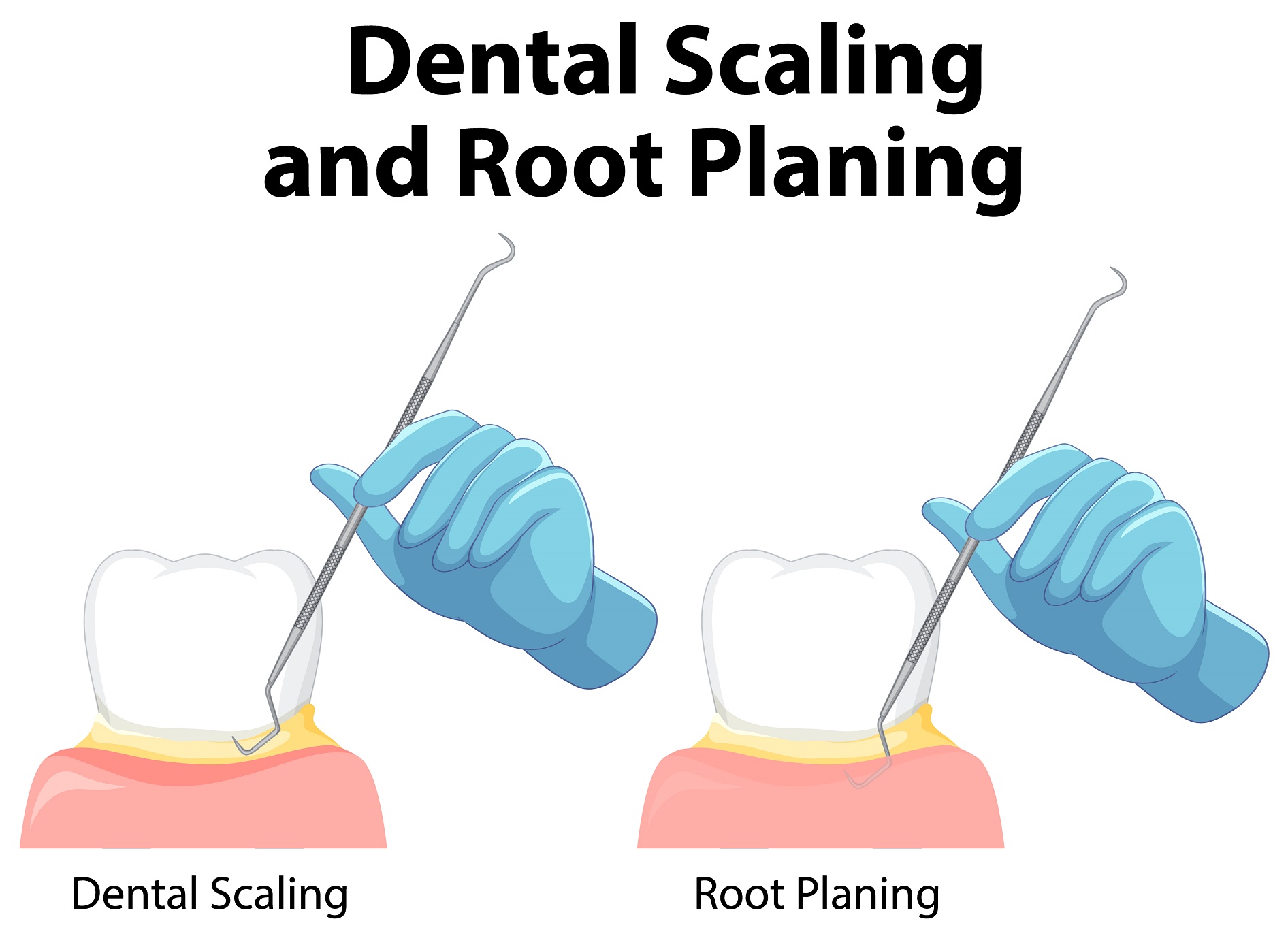What is Periodontal (Gum) Disease?
Periodontal (Gum) disease is a bacterial infection that harms the tissues holding your teeth. Poor oral hygiene leads to plaque buildup, which hardens and causes swollen and bleeding gums. If not treated, it can damage the bone surrounding the gums, causing pain while chewing and loose teeth that may need to be removed.
Preventive dentistry stops gum disease and from needing to see a periodontist. Regular dentist checkups every six months, even if you brush and floss regularly, are essential. The dentist can identify early gum disease signs and use topical treatments to prevent it from worsening. If not treated, gum disease can lead to Periodontitis, which may need surgery.

Who Does Periodontitis Affect?
Periodontitis is infrequent in individuals under the age of 30, but its likelihood increases as you age. Poor oral hygiene, including infrequent brushing and flossing, can lead to its occurrence in anyone. Furthermore, some individuals are genetically predisposed to periodontitis, and if a family member, such as a parent or grandparent, has a history of gum disease, it raises your risk of developing it as well.
How Common is Periodontitis?
More than 47% of adults over the age of 30 in the United States are affected by Periodontitis, a figure that rises to approximately 70% for those aged 65 and above.
Primary Symptoms of Periodontitis:
- Swollen gums
- Bad breath
- New gaps or spaces between your teeth
- Reddish or purplish gums
- Pain when chewing food
- Tender / pain in the gums
- Tooth loss
- Easily bleeding gums
- Gum recession - this is when the gums pull away from the teeth
- Loose teeth
- Pus around the gum line
- Final Retainers after the end of the treatment
How is Gum Disease Treated?
- Non-Surgical Treatment: For individuals with mild to moderate Periodontitis, non-surgical approaches are frequently effective. Such treatment options include:
- Scaling and Root Planing: Commonly known as a deep dental cleaning, involves numbing the gums to eliminate bacteria deep below the gum line and smooth teeth roots to prevent plaque buildup. It is done over two or more visits and followed by a check-up with the periodontist one month later to evaluate its effectiveness.
- Antibiotics: Our dentist may prescribe you oral antibiotics in order to fight any exiting infections. Or a topical antibiotic can be placed underneath your gums to target the affected area.
- Surgical Treatment: This is for individuals with moderate to severe Periodontitis. Surgical treatments include:
Get Your Scaling and Root Planing Near You
At Denta Care, we provide our patient the highest quality of services. Our Scaling & Root Planing are done using Acteon Newtron P5 XS device, which is a highly advanced technology that our patients appreciate very much as they don't experience the same pain as other devices in dentistry.
